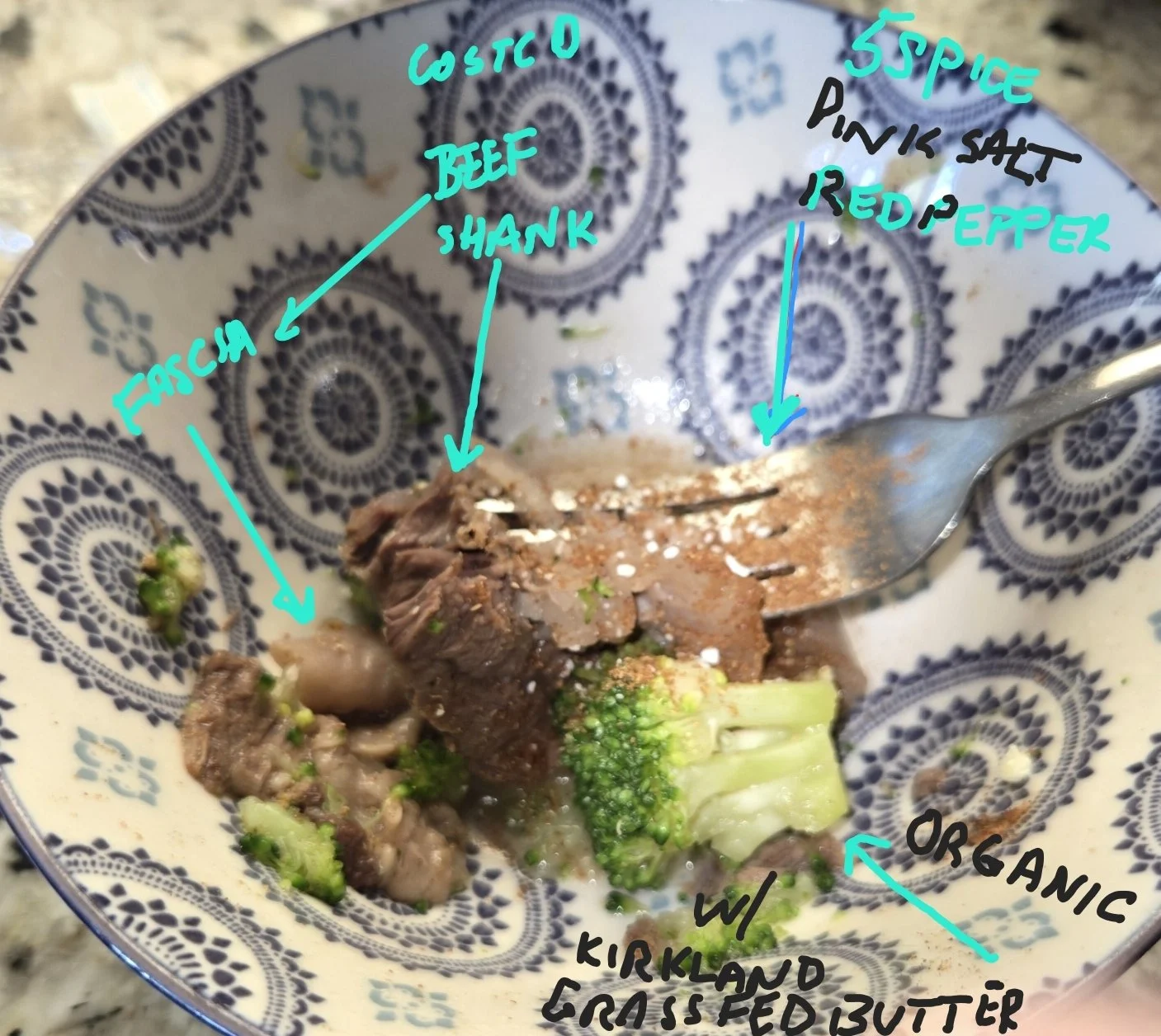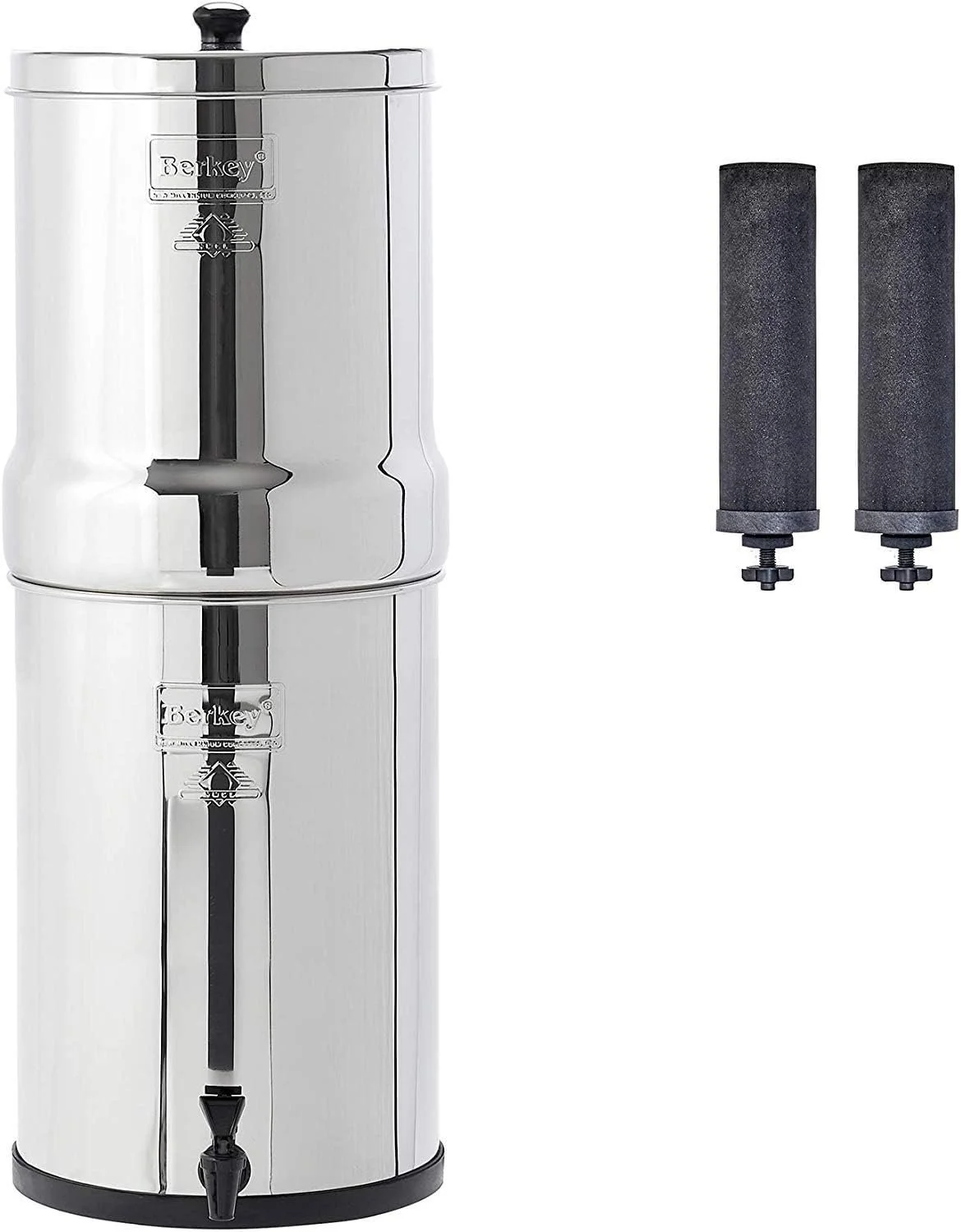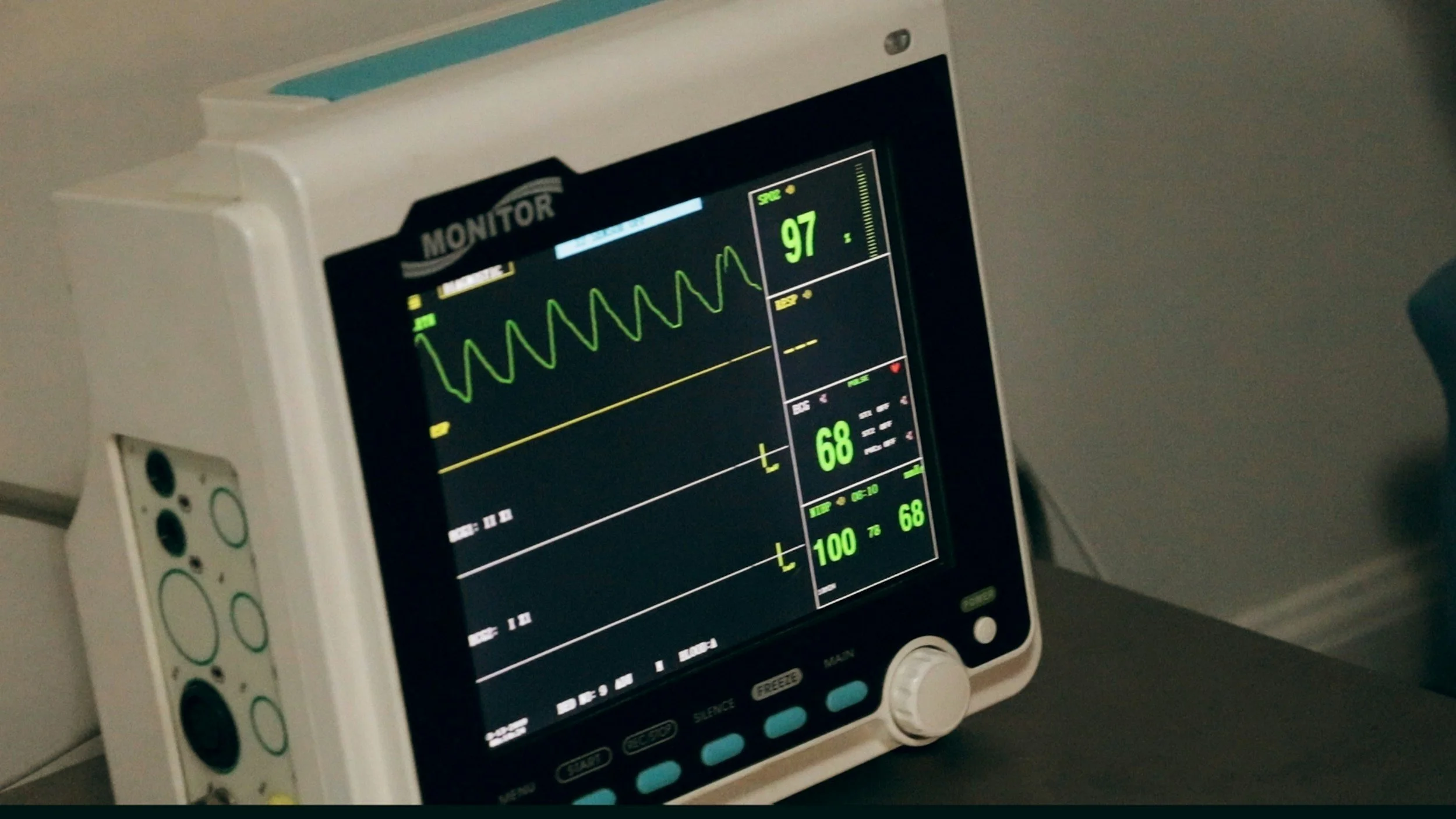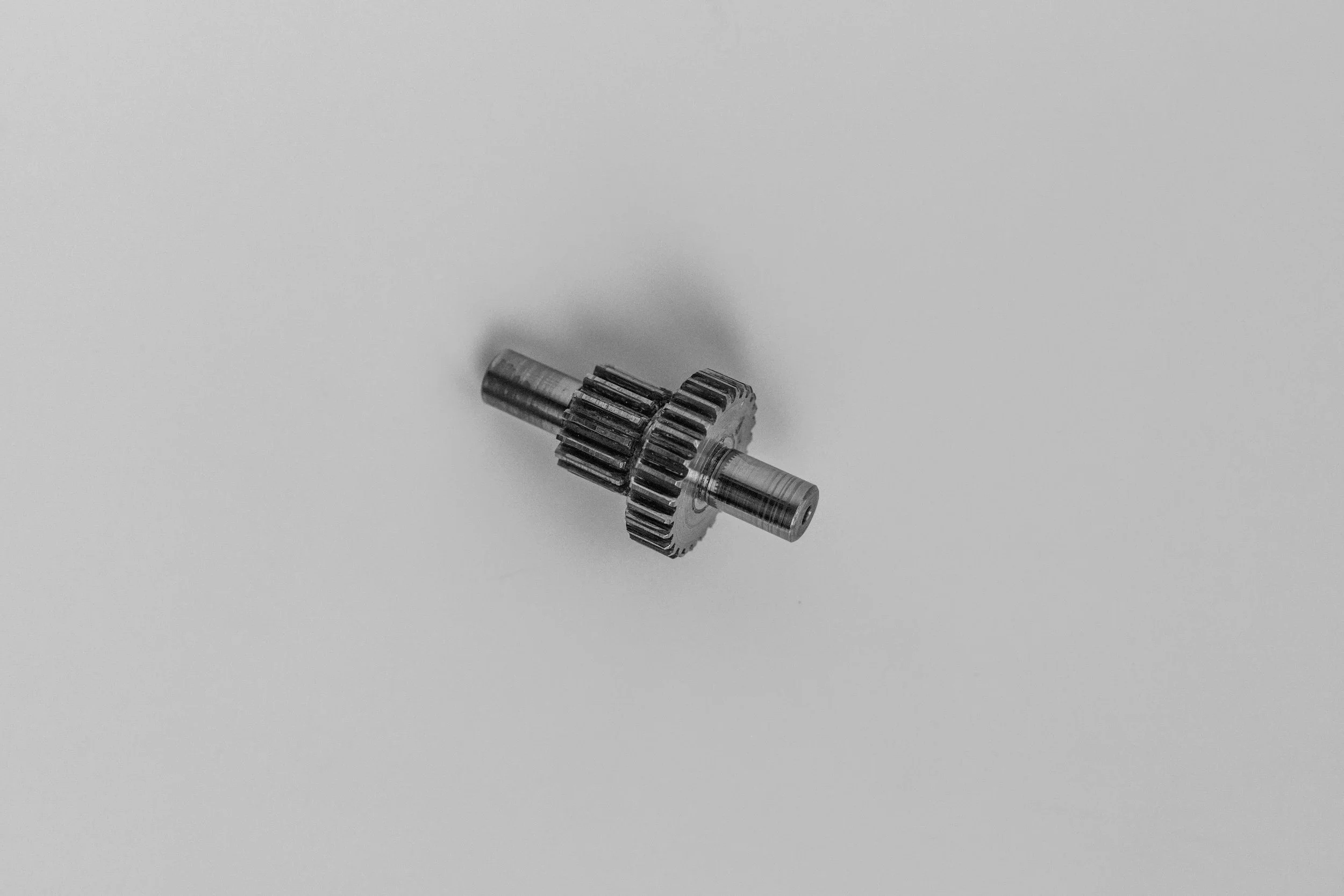Yummy Chocolate/Peanut Bars with Amazing Creatine!
/Creatine is in our New Tasty Chocolate Peanut Butter bars! Creatine is a naturally occurring compound found in small amounts in certain foods and synthesized by the body. It's commonly used as a supplement, particularly by athletes and individuals aiming to enhance performance in high-intensity exercise. Here are the key benefits of creatine supplementation:
1. Increased Muscle Strength and Power
Enhances ATP Production: Creatine helps replenish ATP (adenosine triphosphate), the primary energy source for muscle contractions. This allows muscles to perform better during short, intense bursts of activity, such as sprinting or weightlifting.
Improves Strength: Studies show that creatine supplementation can increase maximal strength in exercises like squats, bench press, and deadlifts.
2. Improved Exercise Performance
Supports High-Intensity Exercise: Creatine is particularly beneficial for activities that involve repeated short bursts of intense effort, such as sprinting, jumping, and weight training.
Enhances Endurance in Short Activities: It improves performance in exercises lasting 10 seconds to 2 minutes, such as repeated sprints or high-intensity intervals.
3. Muscle Growth and Hypertrophy
Promotes Muscle Protein Synthesis: Creatine has been shown to increase muscle mass by enhancing muscle protein synthesis. This leads to greater muscle growth when combined with resistance training.
Increases Water Retention in Muscles: Creatine causes muscles to retain water, which can result in an initial increase in muscle size (though this is more of a temporary effect).
4. Enhanced Recovery
Speeds up Recovery Post-Exercise: Creatine can reduce muscle damage and inflammation after intense exercise, helping athletes recover faster.
Decreases Muscle Soreness: Some studies suggest that creatine can reduce delayed onset muscle soreness (DOMS), helping athletes train more frequently with less discomfort.
5. Cognitive Function Benefits
Improves Brain Function: Creatine supplementation may also improve cognitive performance, particularly in tasks requiring short-term memory or quick thinking. This benefit is especially pronounced in people who are sleep-deprived or under stress.
May Support Neuroprotection: There's evidence suggesting that creatine could protect the brain against neurodegenerative diseases like Parkinson's and Alzheimer's, although more research is needed in this area.
6. Increased Hydration
Water Retention in Cells: Creatine increases the water content in muscle cells, which can aid in overall hydration, especially during intense physical activities in hot environments.
7. May Help with Certain Health Conditions
Supports Muscle Health in Older Adults: In older adults, creatine supplementation can help prevent muscle loss (sarcopenia), improving muscle mass and function.
Potential Benefits for Neuromuscular Diseases: Research suggests creatine may benefit individuals with neuromuscular disorders such as muscular dystrophy, ALS, and multiple sclerosis by supporting muscle function and strength.
8. Safe and Well-Researched Supplement
Widely Studied: Creatine is one of the most researched supplements, with numerous studies demonstrating its effectiveness and safety when used correctly.
Minimal Side Effects: For most people, creatine supplementation is safe and well-tolerated. Common side effects are mild and may include stomach discomfort, especially if taken in large doses.
Summary:
Creatine offers a range of benefits, primarily for improving muscle strength, power, and recovery, along with potential cognitive and health-related advantages. It is one of the most effective and safe supplements for enhancing athletic performance and muscle growth.
































